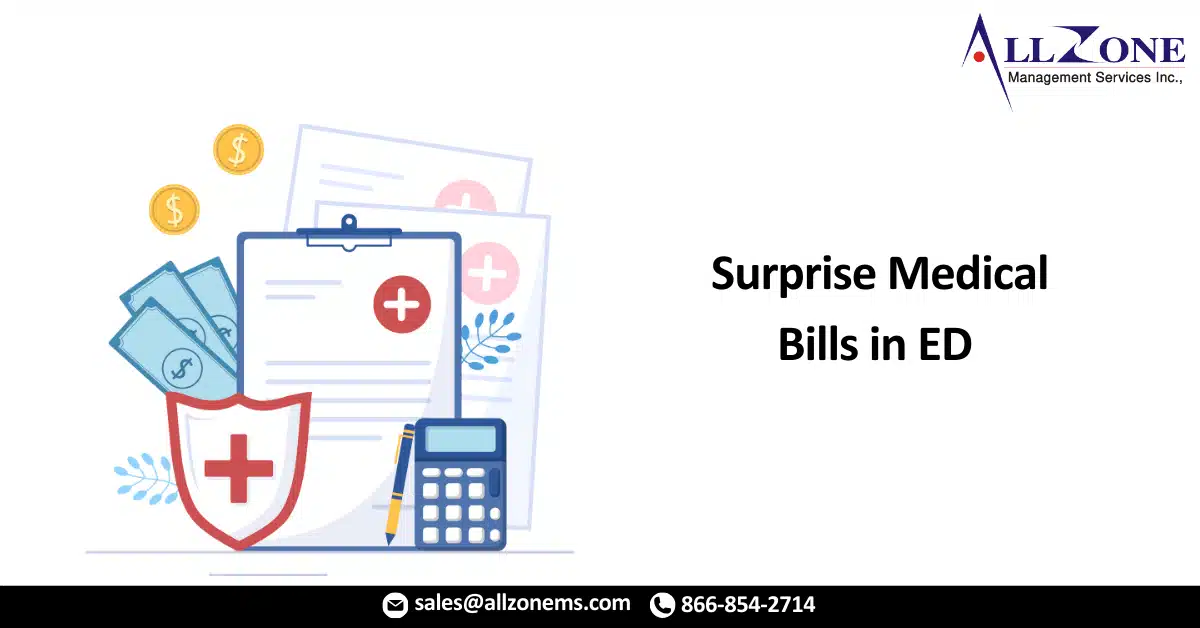Understanding the qualifying payment amount and the initial information on the independent dispute resolution process “should be a short-term priority for revenue cycle leaders and their teams,” says attorney Harvey Rochman. Earlier this month, the federal government released an interim final rule outlining certain provisions of the No Surprises Act (NSA), which is designed […]
Physicians in a hospital’s emergency department (ED) collected significantly more of the charged amount for likely surprise medical bills compared to other patient cases, a new study in Health Affairs reveals. In the event of a likely surprise medical bill, physicians collected 65 percent of the charged amount compared with just 52 percent for other cases. Researchers also […]


